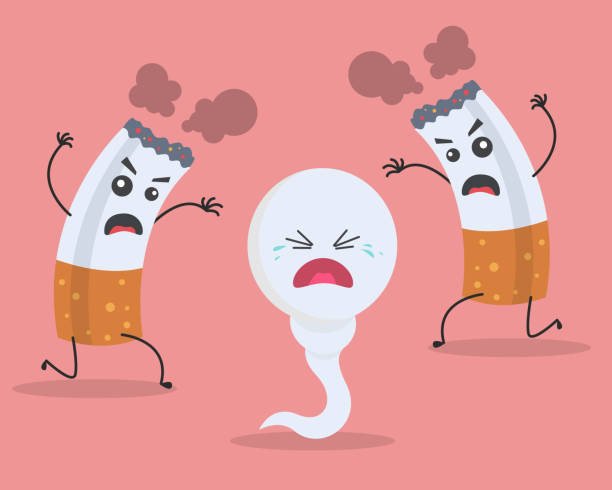
Becoming a father has never been considered a challenge. In today’s world, it is still difficult to accept that infertility affects both men and women equally. The incidences of male infertility are rising, rampant in cities where people are prone to a stressful lifestyle.
Due to various factors, such as the misunderstanding that infertility is a female problem and the lack of male infertility specialists, many male fertility issues frequently go undetected and untreated. In Gurgaon, 40–45% of infertile couples had a male element. The bulk (46%) of the city’s male infertility patients are in their early thirties, between the ages of 29 and 35.
Signs And Symptoms Of Male Infertility
Besides the obvious inability to conceive when a couple tries, male infertility frequently does not have a specific symptom. For the diagnosis of male infertility, a thorough medical and urologic history is required, including the length of infertility, the timing of puberty, childhood urologic disorders or surgical procedures, acute or chronic medical conditions, sexual history, testicular cancer and treatment, medications, spinal cord injury, etc.
Causes Of Male Infertility
Azoospermia, or the lack of viable sperm in the semen, is the cause of around 15–25% of male infertility. Men can occasionally produce enough sperm, but the quality is sometimes subpar. Conception is difficult as a result. The sperm must pierce the egg’s outer layer for fertilization to occur. Sperms with poor mobility or unusual shapes might be unable to perform this.

Male infertility can result from various issues, including acute illnesses like smallpox and mumps and chronic infections like TB, leprosy, prostatitis, etc. Varicocele, an expansion of the veins that wrap around the testicles and inhibit sperm production, is another typical and treatable issue. About 15 to 20 percent of infertile men experience it. Sexual dysfunctions, vasectomy, and congenital blockages are also frequent.
Men’s infertility is also influenced by lifestyle variables such as age, postponed marriages, nutrition, lack of regular exercise, work stress, exposure to toxins, etc. Alcohol, illegal drug, and cigarette use are bad habits that affect men’s fertility. Fertility can also be impacted by diabetes and obesity with improper management.
How Male Fertility Check-Ups Are Done
Each and every fertility examination must look at both partners. A thorough medical history is usually the first step in a male fertility evaluation. According to WHO guidelines, an IVF lab should do a semen essay that looks at the number, motility, and shape of sperm in the ejaculate after 2 to 5 days of abstinence. After a break of two to three weeks, it is repeated if the results are abnormal. A hormone profile, DNA fragmentation, and scrotal Doppler scan are performed if anomalies are discovered. The semen analysis is performed after three months if the patient has started treatment.
Infertility-stricken couples should attempt to locate the best care for both partners. The treatment for male infertility is suggested based on the test results in consultation with the doctor, whereas ob-gyns deal with women’s reproductive issues. Depending on the issue’s origin and severity, there are various treatment methods available, ranging from straightforward pills to IUI (injecting sperm directly into the uterus) to IVF-ICSI (a test tube baby). MACS is an advanced ART technology that aids in ICSI sperm selection of a higher caliber.
Don’t wait for the situation to get worse. Start caring about yourself and Book an appointment with us today!



Leave a Reply